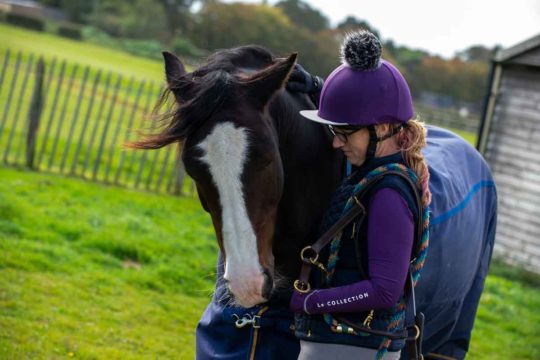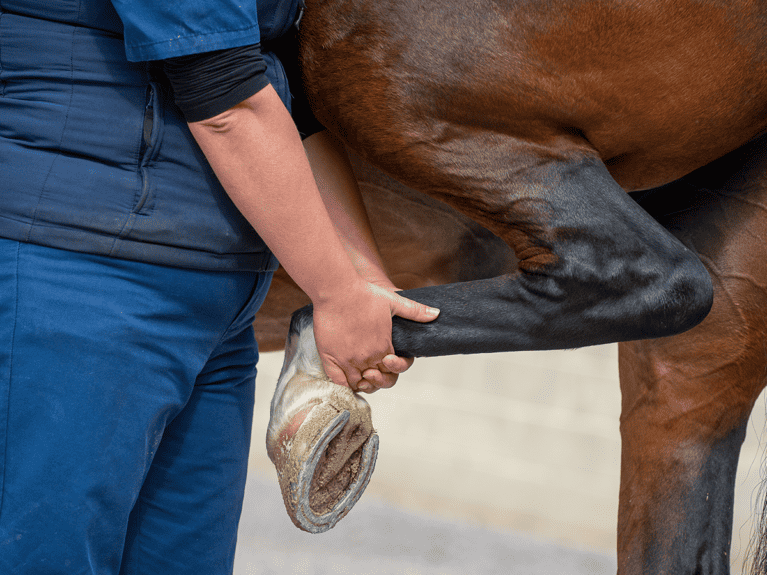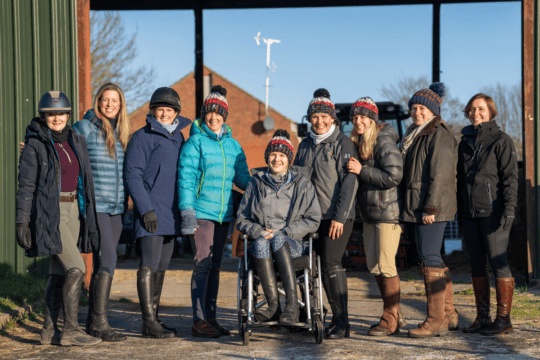
Most Read Articles

Royal Veterinary College team says lameness accounts for more than half of all prejudicial findings
Recent research carried out by the Royal Veterinary College (RVC) has found that lameness is the most common condition likely to prejudice the outcome of a pre-purchase examination (PPE), also known as a vetting.
Horses are often examined prior to purchase to check for any conditions that might prevent the horse from being suitable for the intended use, such as competing, hacking, breeding, etc. The PPEs follow a standard procedure and are a snapshot on the day, with the vet in question making a recommendation based on what they see at that time. As a result, because PPEs are not conclusive and are somewhat subjective in nature, their value has often been questioned.
In their research, the RVC team took 133 PPE certificates of a mixed, non-racing population of horses from three first-opinion practices and looked at the types of the PPEs (i.e. five- or two-stage PPE), any diagnostic imaging (e.g. X-rays) carried out, purchase prices, the physical attributes of the animals as well as their intended use and, finally, the outcomes of the PPEs.
The key findings of the team showed that 57.1% of the horses had prejudicial results following the PPE and, of these results, 55.3% involved lameness of some kind. Other findings included issues discovered via diagnostic imaging (14.5%), skin conditions (5.3%) and cardiac abnormalities (3.9%).
The team also found that the more expensive the horse, the more likely it was for a five-stage PPE to be carried out compared with the less thorough two-stage, and that diagnostic imaging was more commonly used when examining horses with a high purchase price. The knock-on effect of this was that the more valuable horses then had a higher incidence of prejudicial findings.
Dr Jason Tupper, Head of Equine Practice at the RVC, and co-author of this research, said: “A pre-purchase examination can discover a number of issues before buying a horse. This study reveals lameness to be the commonest issue.
“Few horses are perfect when it comes to temperament and health. The vetting process determines the issues, and the vet can then help the purchaser weigh up their significance and decide if they can compromise and accept the issues or not. Further studies can now focus on the cost/benefit of radiology as part of the vetting procedure and the potential use of gait analysis.”
For more information, visit rvc.ac.uk
Photo credit: Jon Stroud













